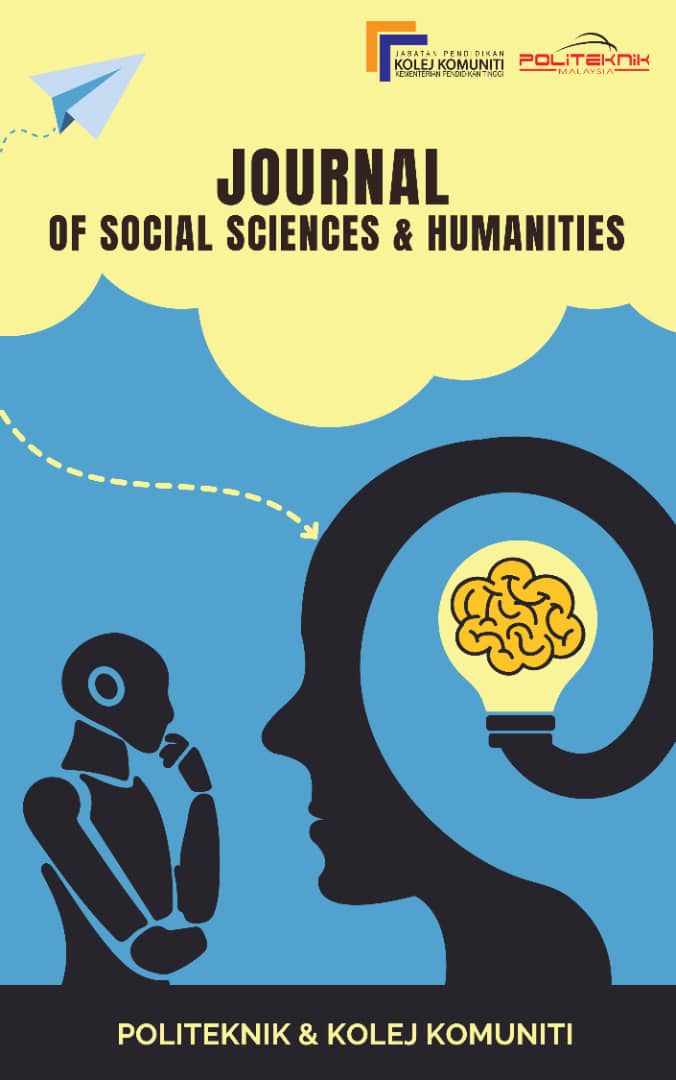Sensory Evaluation And Acceptance Of Moringa Sheet: A Comprehensive Analysis
Keywords:
Moringa Sheet, Moringa, CarrageenanAbstract
Moringa leaves are readily available natural ingredients in Malaysia, rich in various nutrients such as antioxidants and vitamins. Although this moringa tree is easy to grow, its use is still limited and many people still do not know the benefits of this leaf. Accordingly, the research conducted is to produce an innovative product based on moringa leaves. Moringa leaves will be processed to produce moringa sheets. The product produced is similar to nori produced from seaweed. To produce Moringa sheets, cleaned Moringa leaves undergo processing until they achieve a thin and crispy consistency. The drying method, conducted at a temperature of 60°C, effectively yields well-dried pieces while preserving the nutritional content within. These Moringa sheets undergo a taste evaluation process involving 35 panelists. Each panelist receives four different samples labeled with codes F1-276, F2-835, F3-902, and F4-control. Panelists complete a hedonic form to assess the acceptance of each sample based on taste, aroma, mouthfeel, texture, and overall acceptance. Sensory data are analyzed using SPSS software to determine ANOVA -Test. The research findings indicate that the F2 sample is more accepted by the panelists compared to the other samples. This innovative moringa sheet product is seen to be able to compete with nori in the market. This will help the use of local natural ingredients in producing special food products.
Downloads
Published
Issue
Section
License
Copyright (c) 2024 Politeknik & Kolej Komuniti Journal of Life Long Learning

This work is licensed under a Creative Commons Attribution-NonCommercial-NoDerivatives 4.0 International License.









